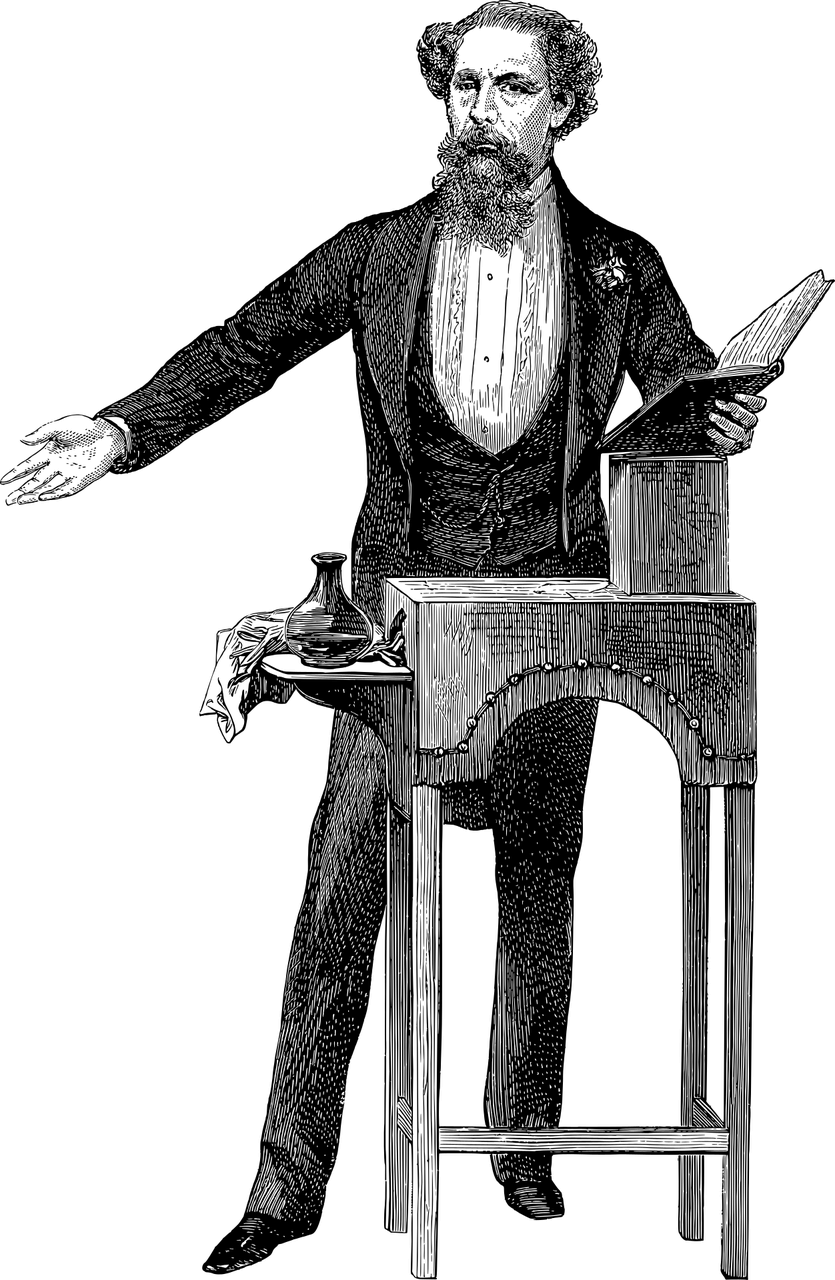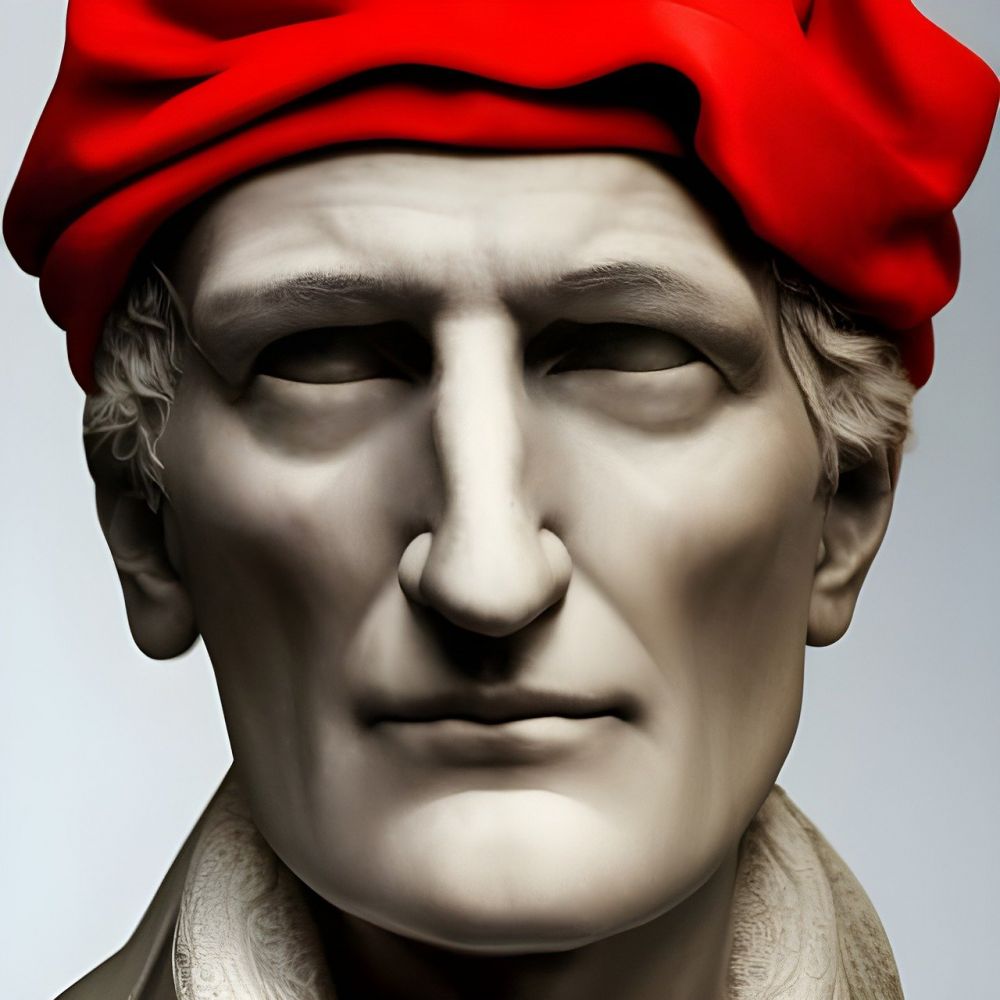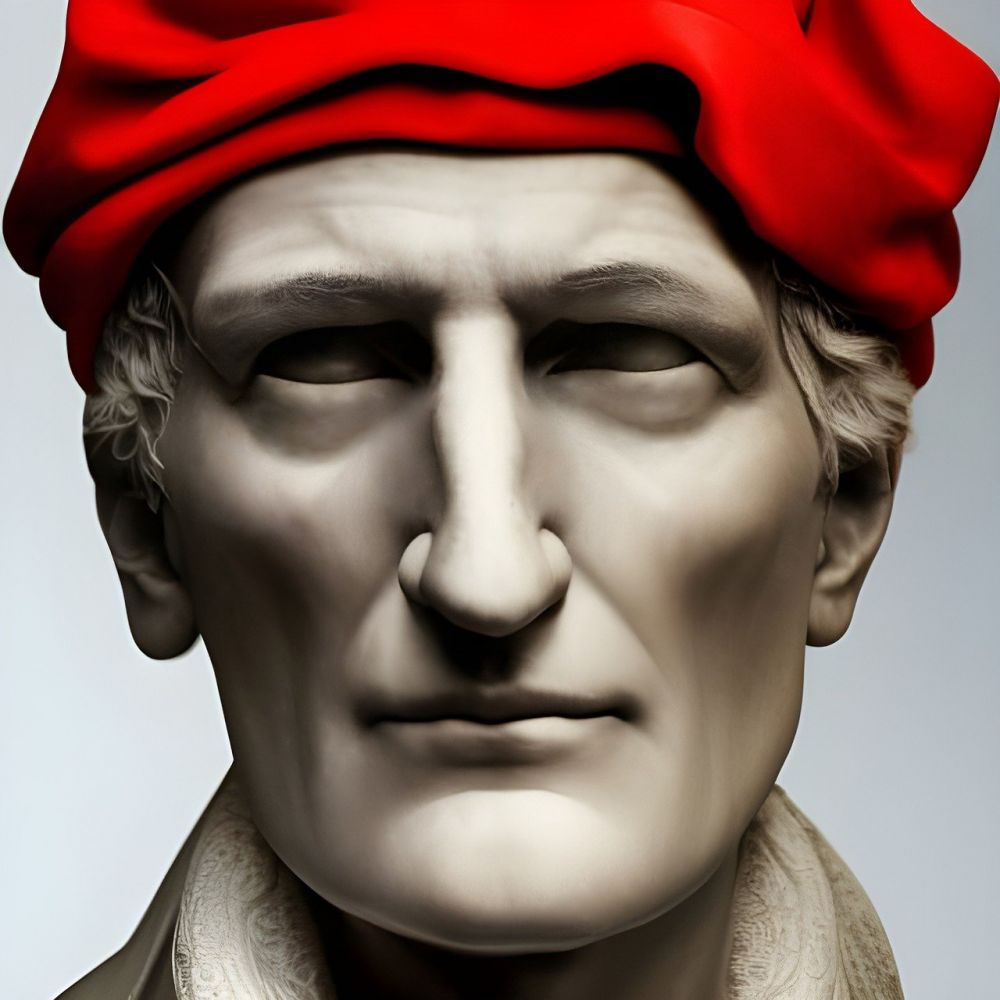George Orwell: The Man Behind the Pen

Introduction:
George Orwell, a prominent figure in the world of literature, was a British writer and journalist known for his penetrating social commentary and thought-provoking novels. Born as Eric Arthur Blair on June 25, 1903, in Motihari, British India, Orwell’s works continue to resonate with readers even today. This article aims to provide a comprehensive overview of George Orwell’s life, his significant contributions to literature, and the evolution of his literary works over time.
Part 1: George Orwell – Biography and Impact

George Orwell’s early life was marked by his schooling in England and his experience as a colonial officer in Burma. These formative years exposed him to the oppressive nature of British imperialism, which had a profound impact on his ideology and themes in his literary works. Orwell’s writing often reflected his strong belief in democratic socialism and his discontent with totalitarian regimes.
His most renowned works, such as “Animal Farm” and “Nineteen Eighty-Four,” serve as cautionary tales against authoritarianism and its effects on society. Through careful satirical allegories and captivating storytelling, Orwell successfully portrayed the dangers of political corruption and the suppression of individual freedoms.
Part 2: Evolution of George Orwell’s Works
George Orwell’s literary career can be divided into distinct phases, each demonstrating his growth as a writer and thinker. In the early years, Orwell focused on personal essays and memoirs, chronicling his observations and experiences. Notable works from this period include “Down and Out in Paris and London” and “The Road to Wigan Pier.”
During the Spanish Civil War, Orwell fought against the fascist forces and documented his experiences in his acclaimed memoir, “Homage to Catalonia.” This period marked a significant turning point in Orwell’s life, as it deepened his commitment to socialist ideals and exposed him to the dangers of totalitarianism.
Orwell’s later works, including “Animal Farm” and “Nineteen Eighty-Four,” cemented his reputation as a visionary writer. These dystopian novels, set in a world governed by oppressive regimes, painted a terrifying picture of humanity’s future under totalitarian rule. Orwell’s ability to foresee the rise of surveillance states and the manipulation of information was nothing short of prophetic.
Part 3: George Orwell’s Enduring Legacy
George Orwell’s literary legacy is as relevant and influential today as it was during his lifetime. His works continue to inspire countless individuals, prompting critical reflection on societal issues such as government control, propaganda, and the erosion of civil liberties.
Orwell’s writings paved the way for an entire genre of dystopian literature, serving as a blueprint for authors who sought to explore the consequences of unchecked political power. His works have been translated into numerous languages and have garnered a global readership.
In addition to his novels, Orwell’s essays and journalistic pieces showcased his profound insights into politics, culture, and the human condition. His commitment to truth and transparency remains a guiding principle for journalists and thinkers alike.
Conclusion:
George Orwell’s enduring literary contributions have firmly established him as one of the most influential writers of the 20th century. Through his honest and thought-provoking works, Orwell challenged oppressive systems and championed the importance of individual freedom and democratic principles. His legacy lives on, reminding us of the power of literature to provoke change and inspire generations to question the status quo.
References:
– Orwell, George. “Nineteen Eighty-Four.” Harvill Secker, 1949.
– Orwell, George. “Animal Farm.” Harcourt, Brace and Company, 1945.
– Bowker, Gordon. “George Orwell.” Little, Brown Book Group, 2004.





